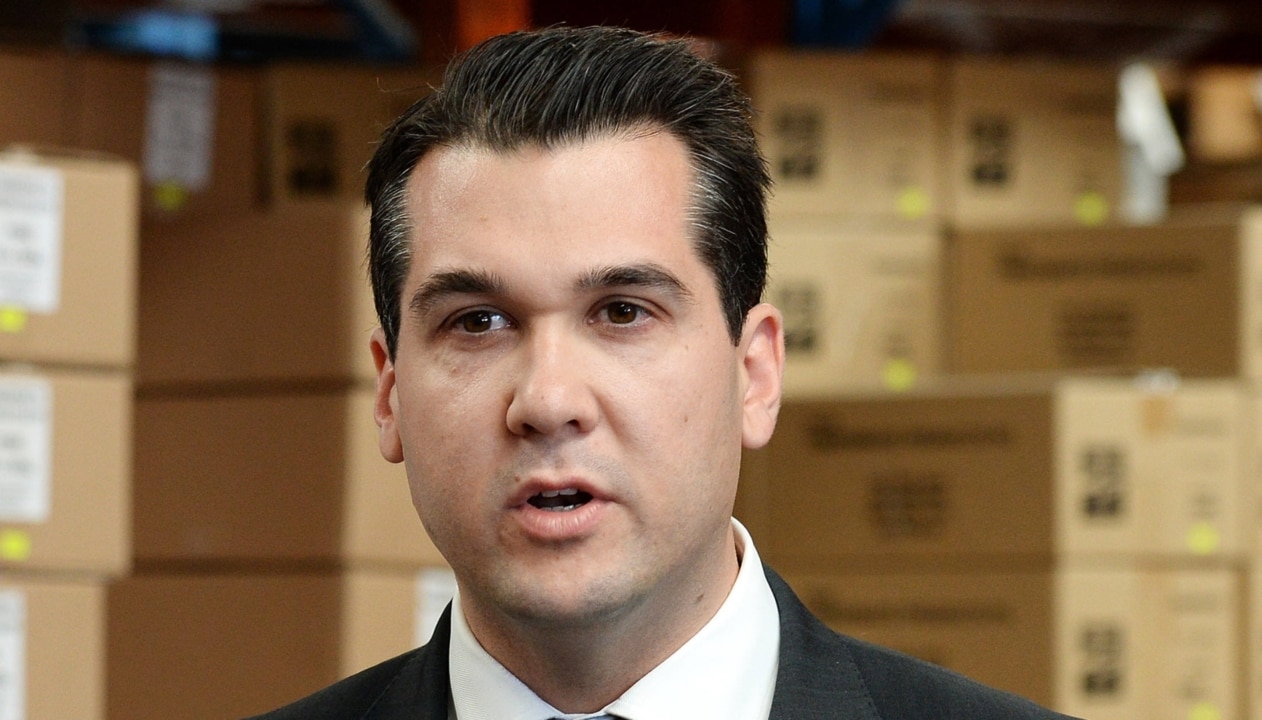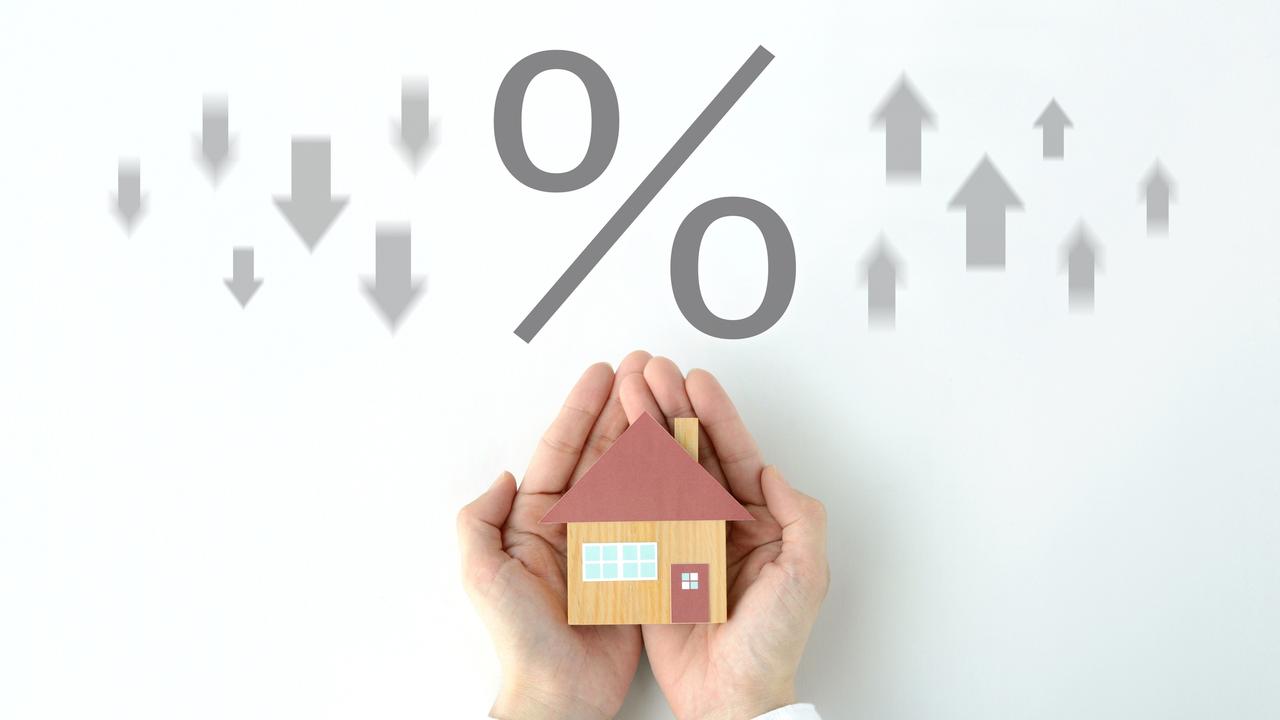First home buyers’ election benefits: what to do next
Superannuation withdrawals, shared equity and tiny deposits are among election promises. Here’s why homebuyers should take a breath.

Home ownership has been the biggest battleground of the federal election campaign, and potential buyers are being urged to examine options closely once the winner is decided.
The Coalition’s promise to let people withdraw up to $50,000 from superannuation for a first home deposit put a thick wedge between it and Labor and is the second time in two years it’s allowing super withdrawals, following the $20,000 Covid-19 early release scheme in 2020.
PropTrack director of economic research Cameron Kusher says the latest superannuation move is likely to swing some voters “but I don’t think it’s likely to swing the election”.
“Both sides are offering policies that make it easier for people to access the housing market,” he says.
Timing may be an issue for homebuyers, Kusher says, with the Coalition’s plan to start in July 2023 and Labor’s Help to Buy shared equity scheme to start in July 2022.

The Coalition’s plan lets people use up to 40 per cent of their super towards a home deposit – to be returned with capital gains when the home is later sold, while Labor’s scheme contributes up to 40 per cent of a home’s purchase price and then shares in the home’s future capital gains.
Kusher says the biggest factor affecting homebuyers today is expected property price falls “when interest rates go up”.
The Coalition also plans to increase places in its First Home Guarantee Scheme – which helps people buy with a deposit at low as 2 per cent – from 10,000 to 35,000 annually.
For property sellers, it is lowering the age to participate in its downsizer scheme to 55 – meaning more people can downsize homes then pump an extra $300,000 into their super on top of existing caps.
However, Australians already can pump in $110,000 of after-tax (non-concessional) contributions each financial year, and can bring forward two years of these contributions. So people at any age can pump in $110,000 in June, then another $330,000 in July – a total of $880,000 per couple even without the enhanced downsizer scheme.
Goldsborough Financial Services director Brenton Miegel says people should remember that money injected into super is tied up until retirement.
He says whether putting housing money into super or taking money out of super for housing, people should ask “what’s the long-term implications”.
Miegel says people should “wait and see” the election results before moving forward, adding that he is not a fan of using super for a home deposit.
“Leave your super to accumulate before retirement and look at savings as hard as you can to get into the housing market,” he says.





